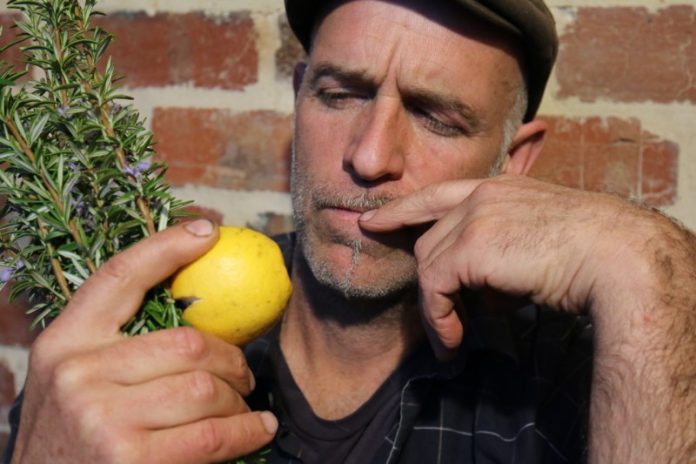Have you been told that you can’t, or shouldn’t, compost a particular thing?
Perhaps it is onion skins or citrus peel. Meat and dairy are on the exclusion list for lots of folk, or perhaps it’s waste oil or fats?
Weed seeds, pest infested fruit and plants like couch or kikuyu grasses are usually sighted as no no’s for home composting.
The list of what we are told we can’t or shouldn’t compost is sometimes as long as the things we are told we can and should!
Let’s be clear, anything that has been alive, be it plant or animal in origin, can be successfully composted (broken down biologically), because, thankfully, nature is pretty adept at successfully decomposing things, it is why we are not living up to our necks in organic ‘waste’.
But it is true that some things are trickier or riskier to successfully compost than others. So, over the next few weeks we’ll have a look at a few of the broad categories of things that are often excluded from compost piles, why they are excluded and what we might do to successfully incorporate them, or when we probably shouldn’t.
To kick off, let’s look at things with a very high volatile oil content – think citrus peels or eucalyptus leaves – things that have a strong aroma.
What we can smell with these ingredients is the volatile oils they are high in. These oils give the plant a natural microbial resistance and this is why they are often used as preservatives or disinfectants. These oils can make life difficult for our beneficial compost microbes, and this is particularly true when they are fresh.
Very small quantities of any of these are really not going to cause a problem in our compost if they are chopped up finely and distributed well through our piles. Half citrus peels turn up pretty often in kitchen scraps, try chopping them into quarters or even eighths and mix them through your pile, the microbes and worms will incorporate them in time.
If we are dealing with larger quantities of any of these ingredients, leaving them to ‘off-gas’ their volatile oils will reduce the oil content and help the compost process a good deal. For example, a big pile of rosemary or eucalyptus leaves (both known preservatives) dumped into our compost all at once would really slow the compost microbes down, but, if left for six to 12 months will lose much of those volatile oils, smell less intense (that’s the indicator) and will have less of an impact on our microbe friends.
Even after resting, they will need to be chopped up finely and distributed through our piles with a balance of other ingredients. The answer to successfully composting anything lies in getting the balance right (have you heard that before?), and no compost pile is going to do well if it is made of just one ingredient or too much of any single ingredient.
Next week we’ll look at meat and dairy scraps.
– Joel Meadows works with *Yes In My Back Yard, (YIMBY), a community-scale composting initiative in Castlemaine and surrounds. Send questions or comments to hello@yimbycompost.com, or to book in for a compost workshop!








